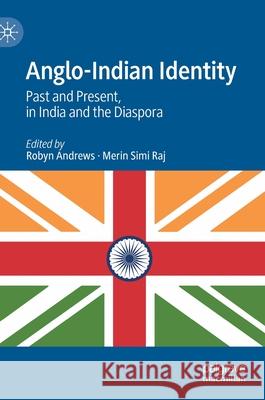Anglo-Indian Identity: Past and Present, in India and the Diaspora » książka
topmenu
Anglo-Indian Identity: Past and Present, in India and the Diaspora
ISBN-13: 9783030644574 / Angielski / Twarda / 2021 / 439 str.
Anglo-Indian Identity: Past and Present, in India and the Diaspora
ISBN-13: 9783030644574 / Angielski / Twarda / 2021 / 439 str.
cena 523,30
(netto: 498,38 VAT: 5%)
Najniższa cena z 30 dni: 501,19
(netto: 498,38 VAT: 5%)
Najniższa cena z 30 dni: 501,19
Termin realizacji zamówienia:
ok. 22 dni roboczych.
ok. 22 dni roboczych.
Darmowa dostawa!
Kategorie:
Kategorie BISAC:
Wydawca:
Palgrave MacMillan
Język:
Angielski
ISBN-13:
9783030644574
Rok wydania:
2021
Wydanie:
2021
Ilość stron:
439
Waga:
0.69 kg
Wymiary:
21.01 x 14.81 x 2.54
Oprawa:
Twarda
Wolumenów:
01
Dodatkowe informacje:
Wydanie ilustrowane











